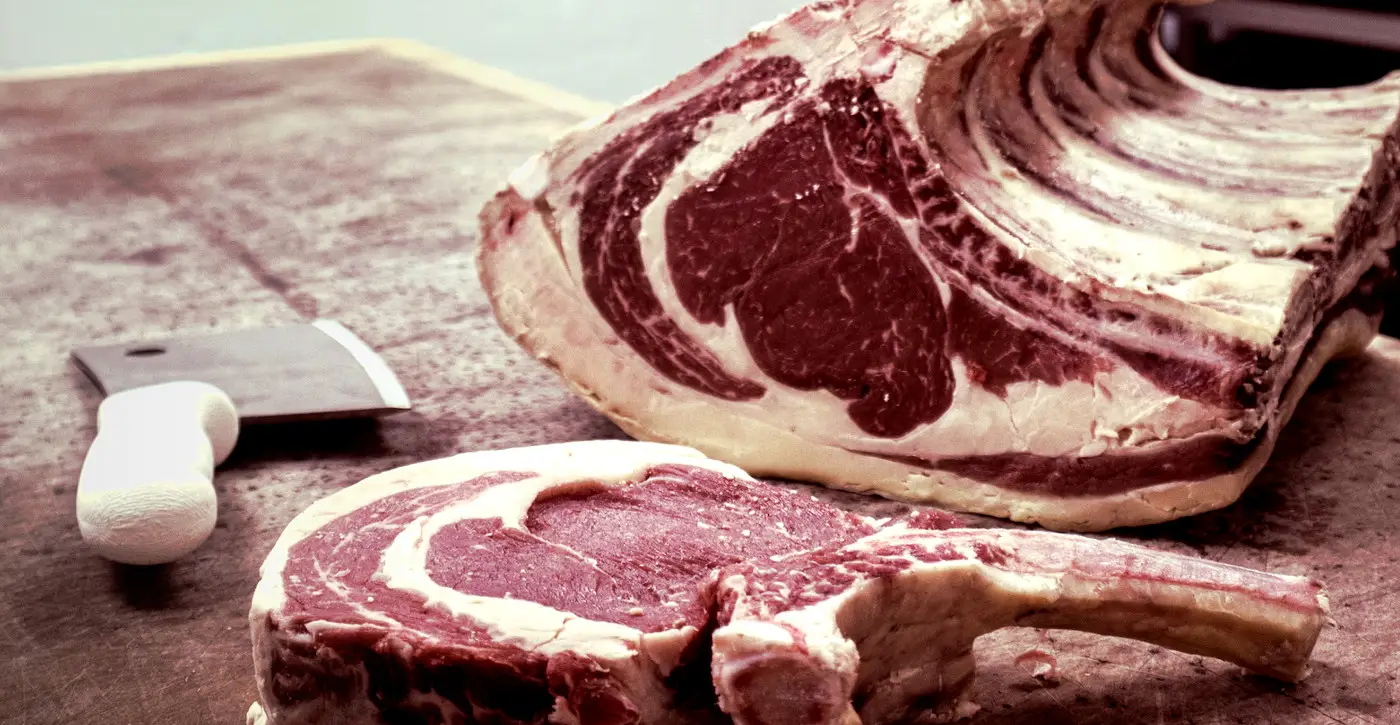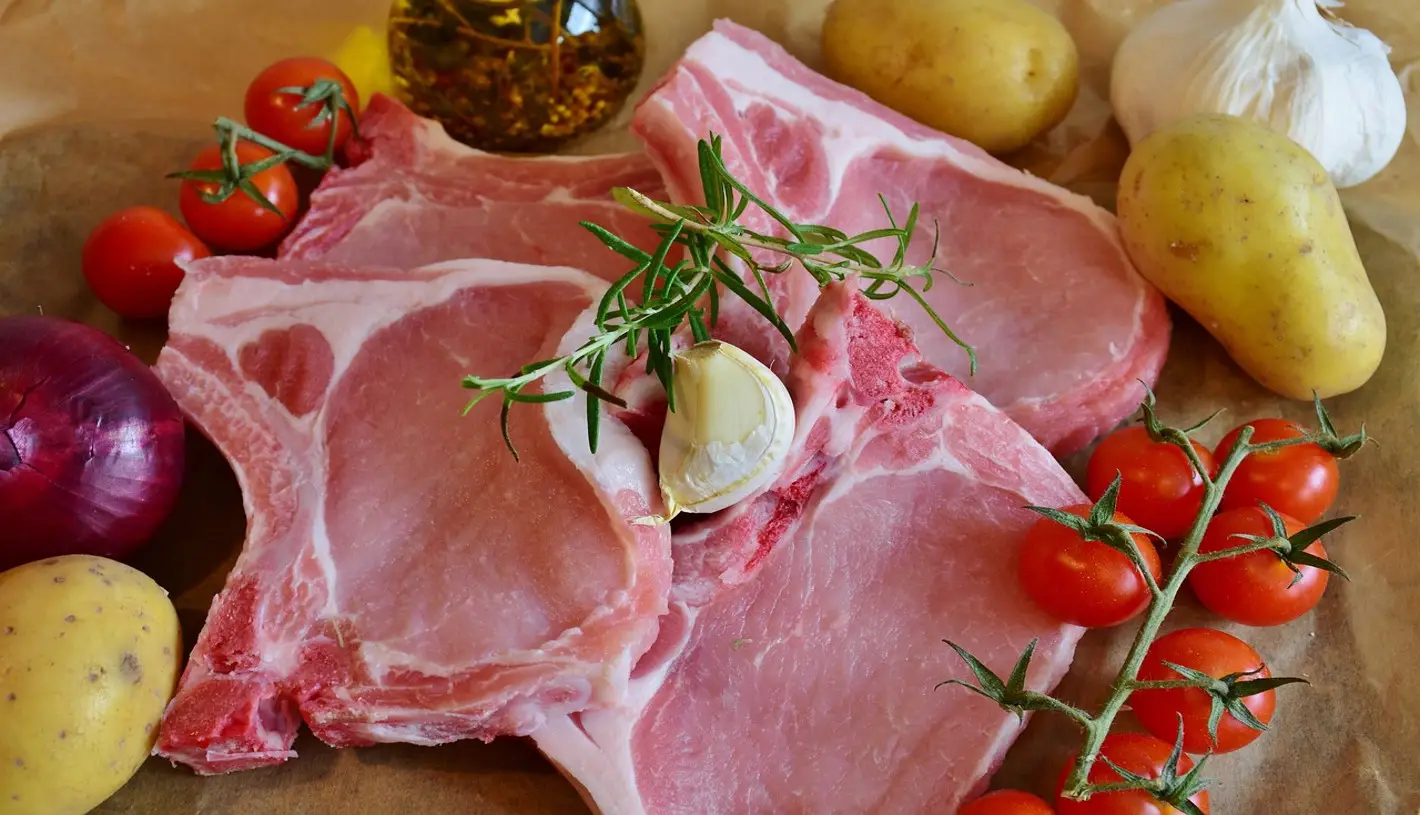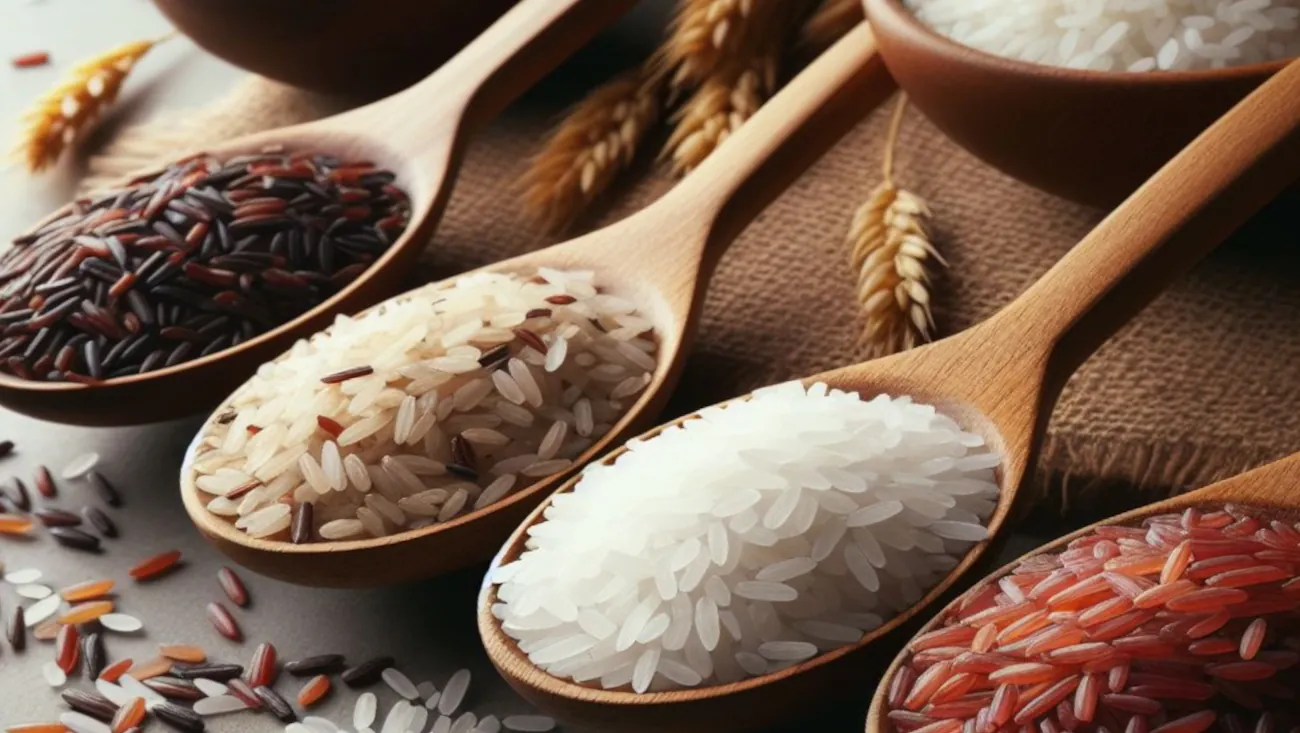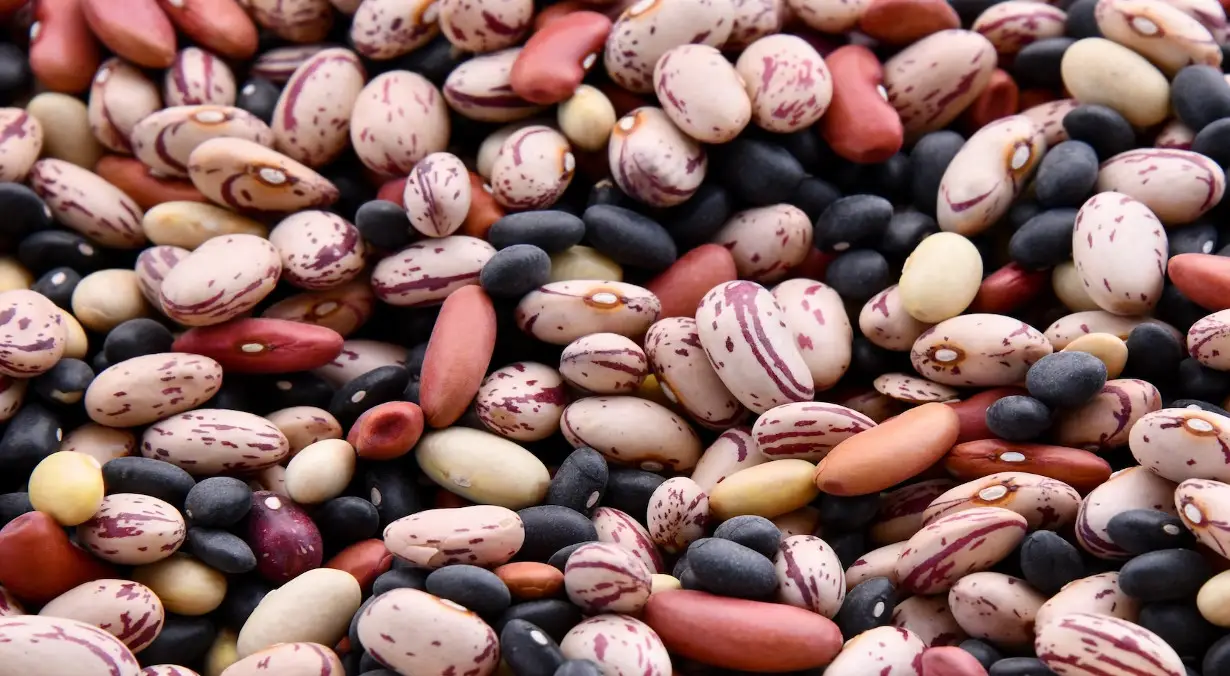Beef, Dried Lysine and Arginine Info Sheet
Overview
Beef, dried is a type of preserved meat made from beef that has been dried, smoked, or salted.It is often sliced and eaten as a snack or added to salads, sandwiches, or soups.
Beef, dried is high in protein, iron, zinc, and vitamin B12. It also contains some fat, sodium, and calories. However, it is low in moisture, which can make it tough and chewy.
It can also be high in nitrates, nitrites, and sodium nitrate, which can increase the risk of cancer and high blood pressure.
| Name | Lysine (mg/100g) | Arginine (mg/100g) | Ratio |
|---|---|---|---|
| Beef, Dried | 2404mg | 1988mg | 1.208 |
Beef, Dried contains 2404mg of Lysine and 1988mg of Arginine per 100g of product.
This means Beef, Dried has a high Lysine-Arginine ratio of 1.208.
Because Beef, Dried contains slightly more lysine than arginine, increasing its consumption may benefit people who suffer from herpes, as it may boost the immune system.
Lysine Considerations
Beef, dried is a very good source of lysine, an essential amino acid that is important for protein synthesis, collagen formation, and immune function.
Lysine also helps prevent herpes outbreaks and cold sores.
It is one of the nine amino acids that the body cannot make by itself, so it has to come from the food we eat.
Lysine has different functions in the body, such as helping with growth, healing, energy, immunity, and collagen production.
Lysine may also have some effects on the herpes virus, which causes cold sores and genital sores.
Studies have suggested that taking lysine supplements or applying lysine cream may help prevent or treat these infections by blocking the amino acid arginine, which the virus needs to grow.
Arginine Considerations
Beef, dried is also a very good source of arginine, another essential amino acid that is involved in nitric oxide production, wound healing, and blood vessel dilation.
Arginine also helps improve blood flow, lower blood pressure, and enhance sexual function.
Arginine has different functions in the body, including wound healing, helping the kidneys remove waste products from the body, and maintaining immune and hormone function.
Arginine also plays a role in the replication of the herpes virus, making it a key factor in cold sore outbreaks.
The herpes virus requires arginine to grow, replicate, and create new herpes viruses.
Foods a great source of arginine, such as nuts and chocolate, may increase the frequency and severity of these outbreaks.
Lysine-Arginine Ratio
Beef, dried has a high lysine-arginine ratio, which means it has more lysine than arginine.
This can be beneficial for people who suffer from herpes infections, as lysine can inhibit the replication of the herpes virus, while arginine can stimulate it.
However, a high lysine-arginine ratio can also be detrimental for people who have kidney or liver problems, as lysine can increase the production of ammonia, a toxic waste product that needs to be eliminated by the kidneys and liver.
Both lysine and arginine play crucial roles in protein synthesis and other metabolic activities.
Interestingly, they have contrasting effects on the herpes simplex virus, which is responsible for cold sores and genital herpes.
Lysine can stunt the virus's ability to replicate, while arginine can promote it.
Consequently, consuming foods with a high lysine to arginine ratio may help decrease the frequency and severity of herpes flare ups.
Foods with a high lysine-arginine ratio include dairy products products, fish, poultry, fruits, and vegetables.
These foods can supply the body with sufficient lysine to block the virus's absorption of arginine, thereby preventing its growth and spread.
Dietary Considerations
Red meats are high in protein and lysine, but they also contain more fat and cholesterol than poultry or fish.
Red meats can help prevent or treat herpes outbreaks, as lysine can block the activity of arginine.
Red meats also contain zinc, iron, and vitamin B12, which are essential for immune function and nerve health.
Beef and pork are some of the red meats that have more lysine than arginine, with almost as much as poultry.
Despite this, red meats should be consumed in moderation, as they can increase the risk of cardiovascular diseases and some cancers.
Intriguingly, bovine herpesvirus 1 is a form of herpes that cows can contract.
This virus, however, is species-specific and does not affect humans.
This means that you can enjoy beef (or any other type of meat) without any apprehensions about catching herpes.

For instance:
A diverse and nutritious diet that supports your immune system and fights inflammation is essential.
This means you should eat lots of fruits, vegetables, whole grains, lean protein, and healthy fats, and steer clear of processed foods, added sugars, alcohol, and caffeine, which can harm your health.
Consider taking l-lysine supplements, which can help prevent herpes outbreaks and stop a cold sore before it emerges by limiting the availability of arginine for the virus, which it requires to produce a cold sore.
Other food supplements, such as vitamin C, zinc, selenium, and antioxidants, can help you boost your immunity and protect your cells from oxidative stress.
To prevent outbreaks, avoid foods that can cause allergic reactions or sensitivities, such as gluten, dairy, nuts, eggs, or shellfish.
These foods can harm your immune system and make inflammation worse.
Eating foods that can soothe your symptoms and speed up your healing process, such as honey, yogurt, aloe vera, and chamomile.
These foods have anti-inflammatory, antiviral, and antibacterial properties that can reduce pain, swelling, and itching, and promote tissue repair.
Check more food information






